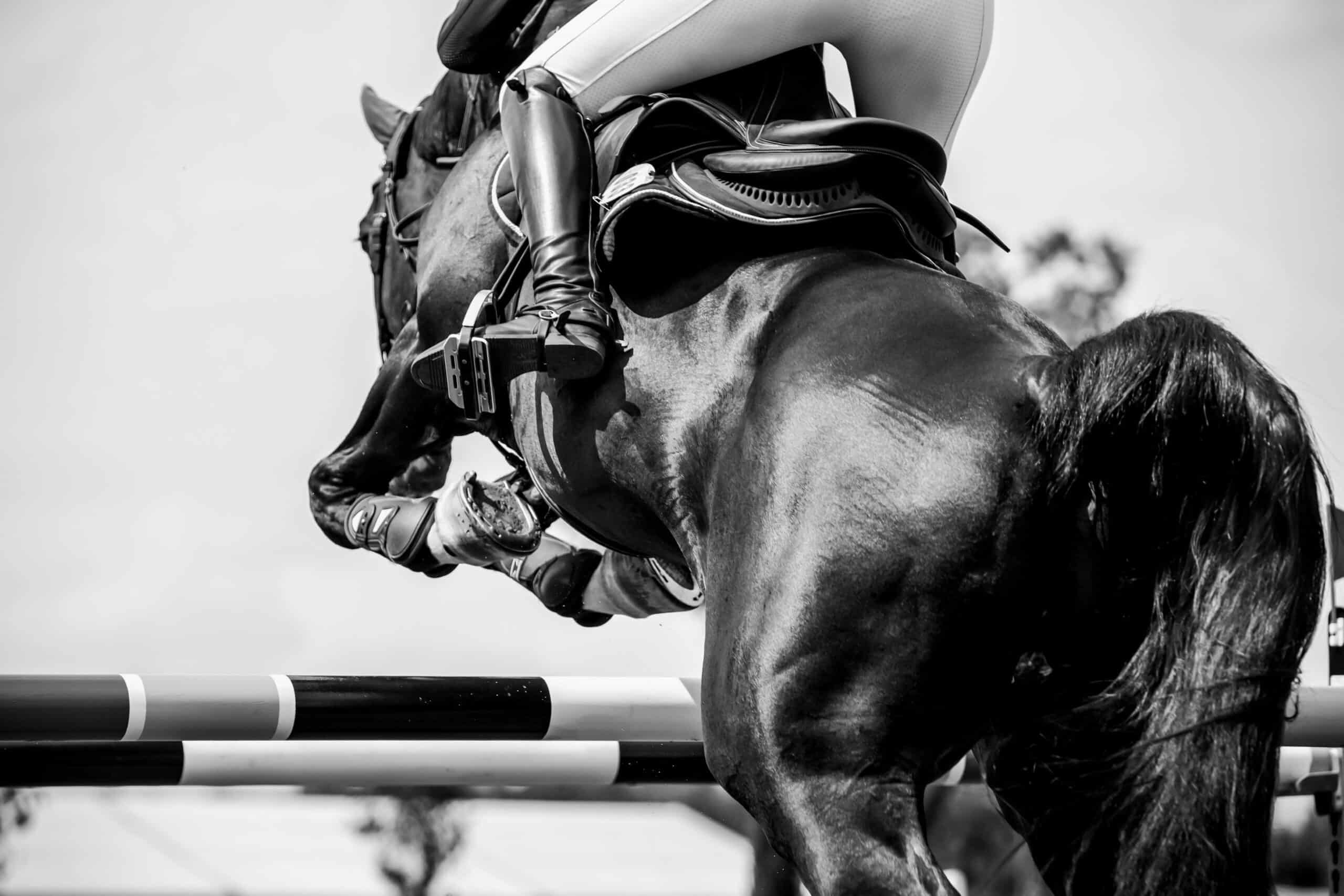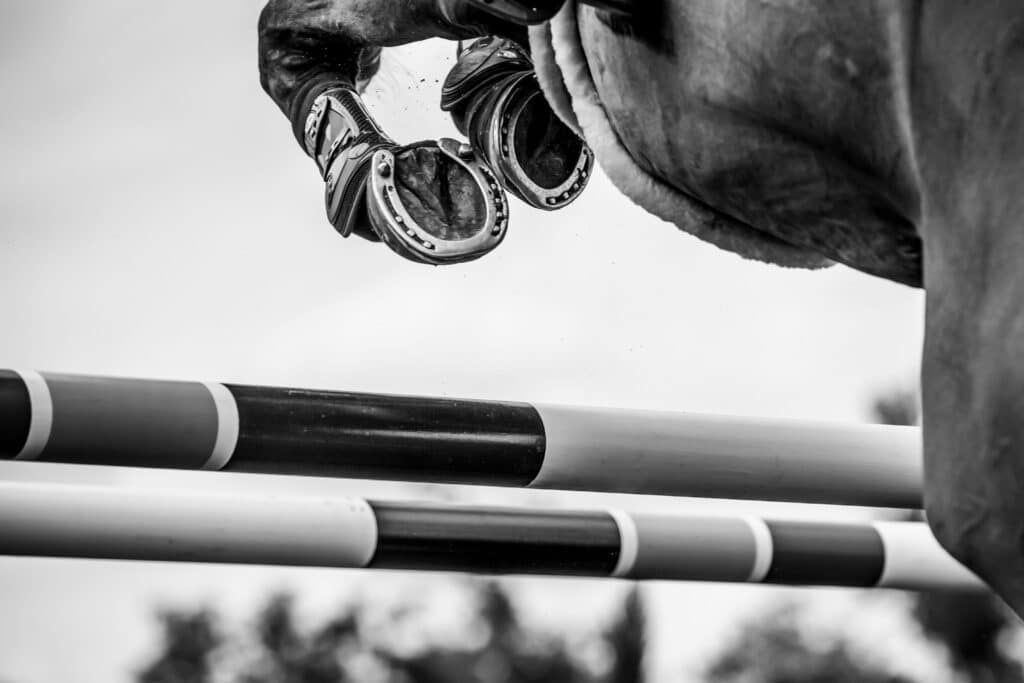When searching for the perfect show-jumping horse for sale, performance potential often takes center stage. Yet, the foundation of any champion lies in proper care—and that starts with nutrition. A balanced diet, tailored to the unique needs of high-performing horses, can enhance their stamina, agility, and recovery, giving them the edge in competition. Here’s how to unlock your horse’s full potential through diet.
The Role of Nutrition in Show-Jumping Performance
Show-jumping horses exert immense physical effort during training and competition. To sustain such activity, their diets must provide energy while also supporting muscle strength, joint health, and recovery. Without proper nutrition, these horses can face fatigue, reduced agility, and an increased risk of injuries.
Unlike leisure horses, performance horses require specialized feeding. This includes high-quality forage as a staple, combined with optimal protein intake and carefully balanced vitamins and minerals. By fine-tuning these elements, owners can transform nutrition into a powerful tool for achieving peak performance.
Core Nutritional Components for Show-Jumping Horses
1. Forage as the Foundation
Forage, such as hay or grass, should form at least 50% of a show-jumper’s diet. Importantly, quality matters—clean, dust-free hay with a high nutrient content is essential. This not only aids in digestion but also provides the fiber necessary for gut health, ensuring your horse’s digestive system functions optimally.
2. Energy Sources: Fats and Carbohydrates
To meet their high energy demands, performance horses require energy-dense feeds. Carbohydrates, found in grains like oats or barley, offer quick-release energy for short bursts of activity. Meanwhile, fats, such as flaxseed or soybean oil, provide sustained energy without overloading the digestive system, making them an excellent complement to carbohydrates.
3. Protein for Muscle Repair
Protein plays a critical role in muscle repair and growth, especially for horses engaged in high-intensity activities. Legume hays, such as alfalfa, or protein supplements can help meet these needs. Additionally, look for feeds that include lysine, a vital amino acid necessary for muscle development.
4. Essential Vitamins and Minerals
Micronutrients are crucial for maintaining metabolic functions, bone strength, and immunity. Key elements include:
- Calcium and Phosphorus: Support bone health and strength.
- Vitamin E and Selenium: Reduce oxidative stress caused by intense physical exertion.
- Electrolytes: Help replenish minerals and maintain hydration, especially after demanding workouts.
Feeding Strategies for Peak Performance

Consistency in feeding routines is essential for maintaining a healthy digestive system and optimal performance. Abrupt dietary changes can cause colic or other health issues, so it’s important to implement adjustments gradually. Here are some strategies to follow:
- Small, Frequent Meals: Mimic a horse’s natural grazing behavior to reduce digestive stress.
- Pre-Workout Feeding: Avoid large meals before exercise to prevent discomfort or colic. Instead, provide a small snack, such as hay or a handful of grain, about an hour before activity.
- Post-Workout Recovery: After intense activity, offer electrolytes and light feeds rich in easily digestible nutrients to aid recovery and replenish energy stores.
Furthermore, monitor your horse’s body condition regularly. Adjust their rations according to factors like workload, season, and competition schedule to maintain an ideal weight and muscle tone.
Common Pitfalls in Feeding Show-Jumping Horses
Despite the best intentions, owners sometimes make feeding mistakes that hinder performance:
- Overloading on Grains: Too many grains can lead to digestive issues like laminitis or colic.
- Neglecting Hydration: Dehydration can severely impact stamina and recovery.
- Poor Forage Quality: Dusty or moldy hay can cause respiratory or digestive problems.
- Skipping Regular Dental Care: Dental issues reduce feed efficiency, potentially causing weight loss and poor performance.
How to Choose the Right Feed
Choosing the right feed depends on several factors, including age, workload, and competition level. For optimal results:
- Opt for high-fat, low-sugar feeds to sustain energy without spikes or crashes.
- Select fortified blends that include essential vitamins and minerals.
- Work with a nutritionist to develop customized formulas tailored to your horse’s unique needs.
Optimizing Nutrition with Expert Support
Consulting an equine nutritionist or veterinarian ensures your show jumping horses for sale are prepared for peak performance through tailored diets. Experts can assess body condition, analyze blood work, and identify specific dietary needs based on your horse’s workload, age, and health. Moreover, regular evaluations help fine-tune feeding plans to adapt to changes in training intensity or competition schedules. This proactive approach ensures your horse receives the exact nutrients it needs, maximizing its potential while maintaining overall health.
Expert Interview: Unlocking the Dietary Secrets of Performance Horses
Interviewer: What key nutrients should owners focus on when designing a diet for their horses?
Dr. Hayes: There are four main components to prioritize:
- Forage: The foundation of any diet, providing essential fiber for gut health.
- Energy: A mix of carbohydrates and fats offers quick bursts of energy and sustained performance.
- Protein: Necessary for muscle repair and growth, particularly with a good amino acid profile.
- Vitamins and Minerals: Vital for bone health, metabolic functions, and immunity.
Interviewer: Are there specific feeding strategies that maximize performance?
Dr. Hayes: Yes, small, frequent meals mimic natural grazing behavior, while timing meals before and after exercise is critical. Also, always provide clean water and consider electrolytes for recovery.
Stronger, Faster, Healthier

The right diet can transform a show-jumping horse into a true competitor. By focusing on high-quality forage as the foundation, along with energy-dense feeds and carefully balanced nutrients, you provide your horse with the tools needed to excel in training and competition. Moreover, consistent feeding practices, combined with expert advice, help to fine-tune the diet and ensure long-term success. As a result, you’re not just caring for a horse—you’re building a champion.
Bildnachweis: Marcin Kilarski/Wirestock, Adobe Stock

